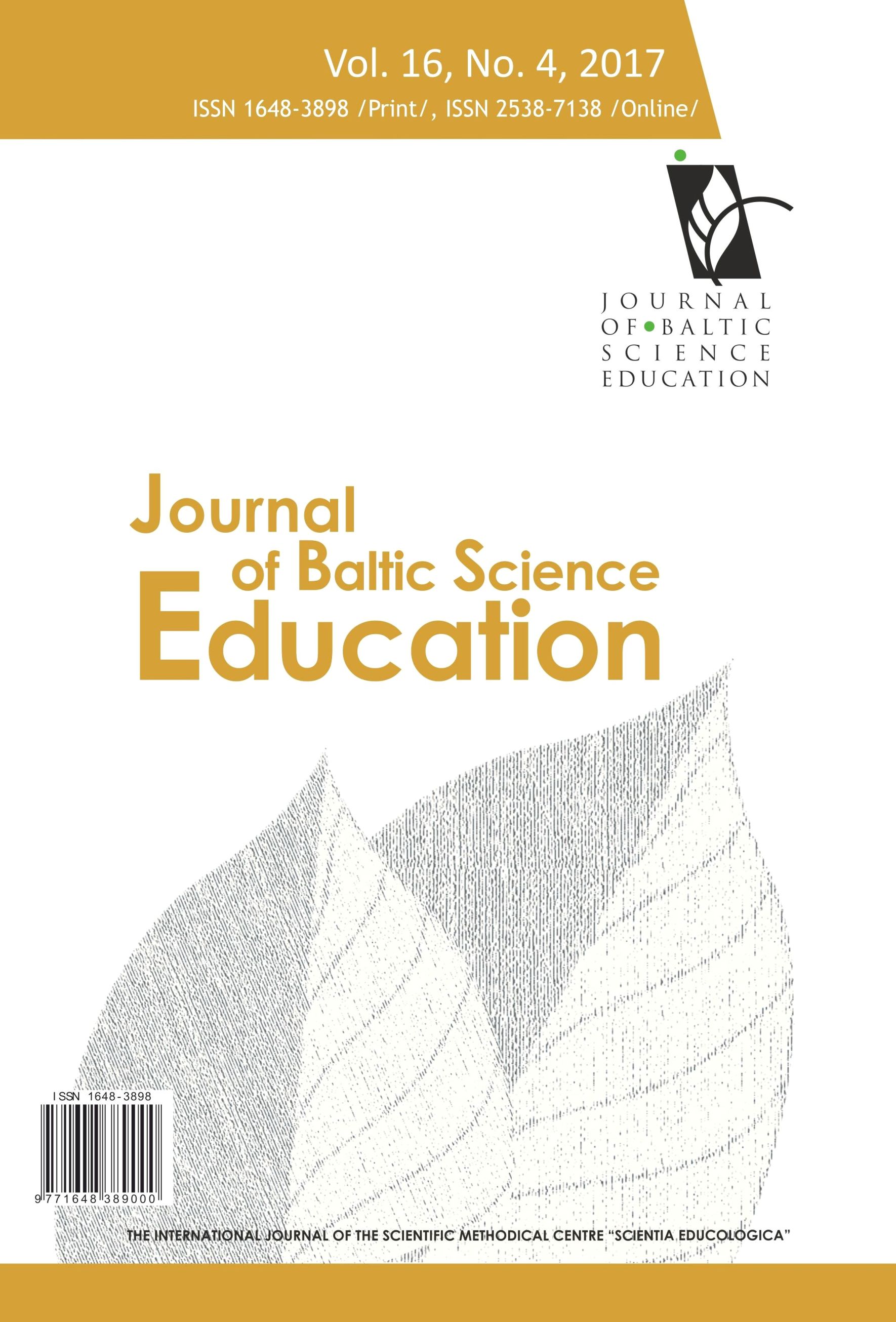DEVELOPMENT AND EVALUATION OF AN INSTRUMENT MEASURING ANXIETY TOWARD PHYSICS LABORATORY CLASSES AMONG UNIVERSITY STUDENTS
DEVELOPMENT AND EVALUATION OF AN INSTRUMENT MEASURING ANXIETY TOWARD PHYSICS LABORATORY CLASSES AMONG UNIVERSITY STUDENTS
Author(s): Namudar İzzet Kurbanoğlu, Mithat TakunyacıSubject(s): Social Sciences, Education, School education
Published by: Scientia Socialis, UAB
Keywords: physics education; physics laboratory anxiety; scale validity and reliability; university students
Summary/Abstract: The learning in the physics laboratory is related to several non-cognitive variables such as anxiety which has a significant role in teaching and learning process. Therefore, university students may have different thoughts and anxiety levels towards physics laboratory class. The aim of this research was to develop a measurement tool assessing the anxiety levels of university students in a physics laboratory class. In this research the Physics Laboratory Anxiety Scale (P-LAS) consisting of 18 items was developed, and its validity and reliability were analysed. The sample consisted of 557 university students (295 female and 262 male) who take physics and/or physics laboratory classes at three different Faculties of Education. Validity of the scale was first assessed by expert review. Exploratory factor analysis was performed to assess structural validity, and revealed a one-dimensional structure. The loading values of all 18 items varied between 0.58 and 0.80, and explained 52% of the total variance. Cronbach’s alpha coefficient of internal consistency was calculated as 0.94 and the split-half test correlation was 0.76. These results showed that P-LAS can be used as a valid and reliable instrument in physics education.
Journal: Journal of Baltic Science Education
- Issue Year: 16/2017
- Issue No: 4
- Page Range: 592-598
- Page Count: 7
- Language: English

